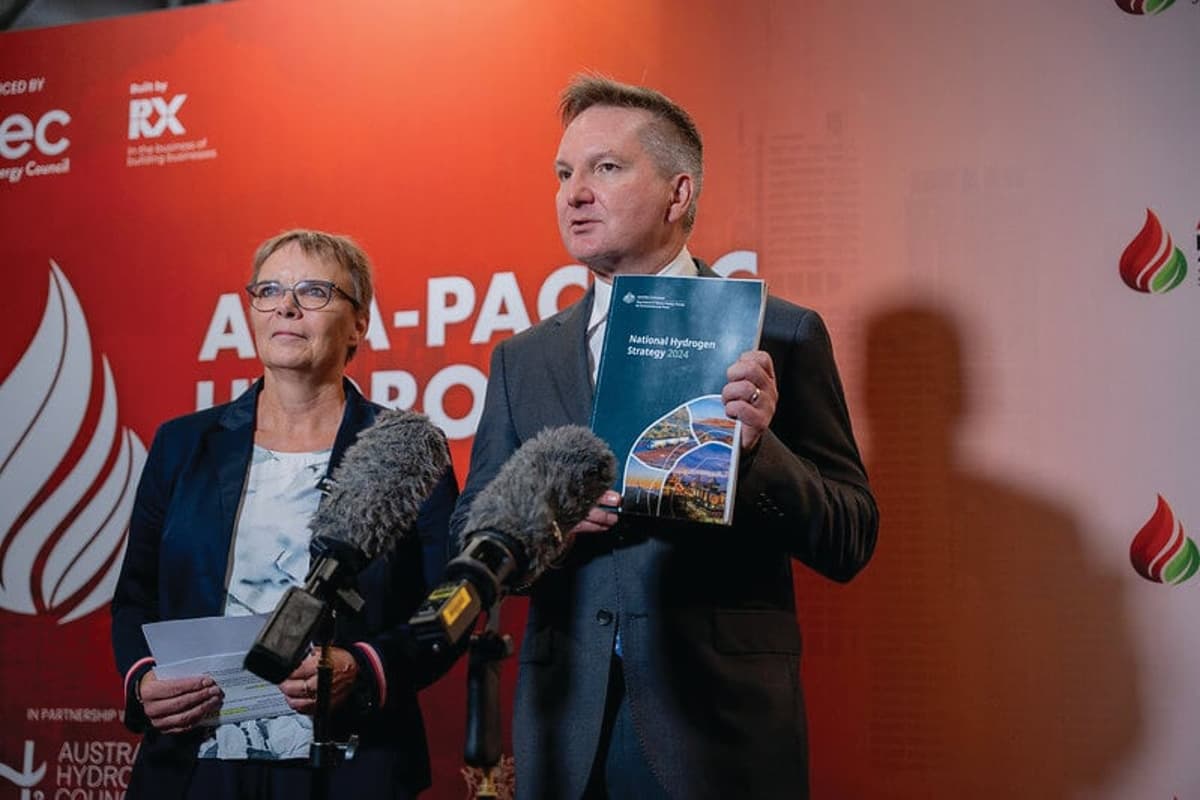Australia's FMIA Plan: Boosting Hydrogen and Critical Minerals Through Tax Incentives
Key Ideas
- The Australian Government is set to introduce tax credits for green hydrogen and critical minerals under the Future Made in Australia (FMIA) plans to promote renewable energy and industrial growth.
- Tax incentives include an AUD $2/kg hydrogen production credit and a 10% incentive for critical minerals processing and refining costs, aiming to support projects between 2027/28 and 2039/40 for up to ten years.
- Minister Chris Bowen emphasizes the importance of renewable hydrogen and critical minerals in achieving Net Zero goals, with industry players praising the AUD $13.7bn hydrogen incentive as a step in the right direction.
- However, political opposition persists, with concerns raised by the Liberal Party over hydrogen tax credits being labeled as handouts, especially following recent setbacks in green hydrogen projects by major companies like Fortescue and Origin Energy.
The Australian Government is gearing up to present tax credits for green hydrogen and critical minerals as part of the Future Made in Australia (FMIA) plans. These tax incentives aim to drive the production of renewable energy sources and boost industrial growth. Under the legislation, there will be an AUD $2/kg hydrogen production credit for projects between 2027/28 and 2039/40, along with a 10% incentive for critical minerals processing and refining costs, supporting projects for up to ten years. Minister for Climate Change and Energy, Chris Bowen, highlights the significance of renewable hydrogen and critical minerals in the path towards achieving Net Zero goals. The industry has welcomed the AUD $13.7bn hydrogen incentive as a positive step. However, political opposition, particularly from the Liberal Party, has criticized the hydrogen tax credits, expressing concerns about them being perceived as benefits for the wealthy. Recent setbacks in green hydrogen projects by major companies like Fortescue and Origin Energy have fueled this sentiment. Despite the challenges, Australia is committed to advancing its domestic hydrogen industry and positioning itself as a key player in hydrogen exports to Asian nations. The political landscape, with a federal election scheduled for 2025, remains tense, with hydrogen policy playing a pivotal role in the discourse.
Topics
Production
Investment
Tax Incentives
Critical Minerals
Net Zero Transition
Industry Opportunities
Political Opposition
Domestic Industry Boost
Exporting Role
Latest News
